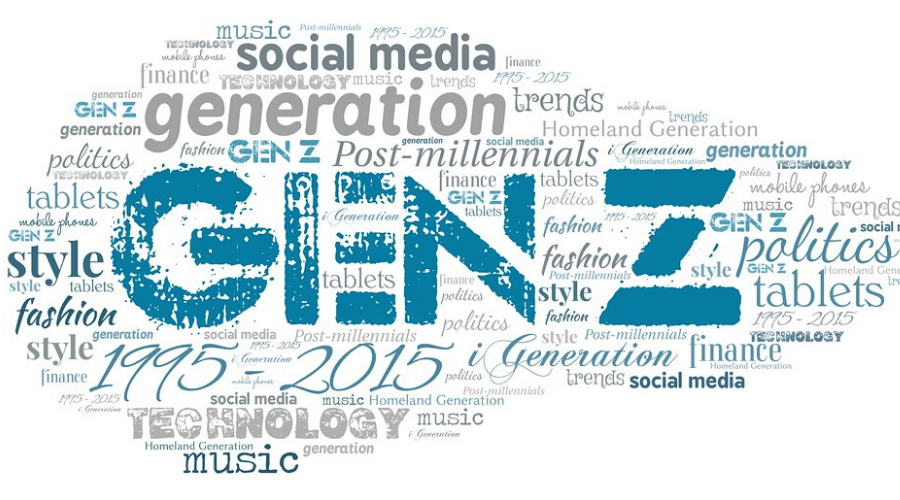Employee financial wellness platforms are complex, but the formula for success is simple. It has a lot to do with emotion, practical solutions, and human nature. Start with human nature: most people respond positively to employers that are concerned about the well-being and financial wellness of their employees.
Employees are looking to their employers to help them improve their financial situation. With a financial wellness program, employers can provide a desirable solution with little...
The best way to solve a problem? Replace it with a solution.
That sounds quite simple when you say it quickly, but there are plenty of instances where the solutions to problems result in unintended consequences.
The Beijing Problem
Take this example.
Beijing, China, has an air pollution problem. The thick smog which often envelops the city is a combination of vehicle exhaust, smoke from coal-fired power plants, and industrial contamination. Residents often wear surgical masks to filter out the particulates.
What’s the solution?
The obvious solution is...
May is Disability Insurance Awareness Month
May is filled with month-long observances promoting health awareness. It is the National Awareness Month for Arthritis, Celiac Disease, Lyme Disease and Blood Pressure, as well as Melanoma / Skin Cancer Detection & Prevention.
May is also Disability Insurance Awareness month. There is a good (and concerning) reason for this observance – only one out of five consumers own disability insurance.1 Makes sense that one of the top five concerns for consumers is paying for basics if...
The financial burden of summer is almost here. Wait… What?
The carefree months of summer are almost here. But does that carefree feeling seem far far away?
It could be due to the sting of financial stress many families face during this season: added expenses for childcare, extracurricular activities, vacations… ice cream! Even the little things add up.
This year, twenty-six percent of Americans are opting out of summer travel. For most of them, they just can’t afford it1.
However, fifty-two percent of Americans still plan to take a summer...
How will UltraFICO™ credit scoring impact your workforce?
FICO™ is changing up the traditional credit scoring system with the introduction of UltraFICO™.
The UltraFICO™ score is aimed at providing an opportunity for consumers with credit scores in the 500-600s to push their scores over a potential lender’s credit score cut-off. According to FICO™, 79 million US consumers have credit scores below 6801. Included in this demographic are the millennials. Just getting started with building a credit history, this generation’s credit scores fall within the...
Financial Wellness is Growing Across America
The concept of financial wellness as a highly desirable employee benefit is spreading rapidly across the U.S. This is confirmed by Prudential’s 10th annual Benefits and Beyond: Employer Perspectives on Financial Wellness. The data shows that 83 percent of the employers surveyed are offering financial wellness, compared to just 20 percent in 2015.
There are at least two good reasons for this, in my opinion.
One: Employees Want It
Offering financial wellness benefits improves recruiting and...
It’s Time to (re)Educate Your Employees on Their Financial Benefits
April is National Financial Literacy Month. It’s a good opportunity for all employers to evaluate how well their organization supports the financial well-being of their employees, as well as spotlighting the financial benefits available.
Start with your retirement plan. Does your company offer 401(k) matching? Of the eligible employees that aren’t participating, why not create a Financial Literacy Month awareness campaign around retirement planning? Review your plan, emphasize the benefits of...
How to Save and Pay Off Credit Card Debt
Not only are Americans swimming in debt; they are also doing a poor job of saving for emergencies. Bankrate.com surveyed more than 1,000 households and found that 3 in 10 Americans have more credit card debt than emergency savings, the highest in nine years of surveys. So what should take precedence: saving for emergencies or paying off credit card debt? David Kilby, president of FinFit says the answer is not one size fits all.
There is no common formula that could be applied to...
The Financial Future of Generation Z: Stability or Ruin?
$620 billion. That is how much the United States (States and Federal) spent on education in 20171. That is around $12,000 per student enrolled in public school, and it’s even higher when you consider private schools and other educational systems. Despite this world-leading investment in our children’s education, we are not only failing to compete against much of the world in our core competencies; we are failing to give them critical and relevant training in basic ‘survival skills.’ There...
Employer Credit Unions have an opportunity to work with Financial Wellness providers
David Kilby
President, FinFit
Financial wellness programs are becoming a staple in the employee benefit universe. With this adoption comes the evolution of exactly what financial wellness means, and what a successful financial wellness program should look like. As a rapidly growing industry, we often lack a consistent definition for financial wellness. This leads to organizations believing they have implemented a financial wellness program when in reality, they are only offering a...









